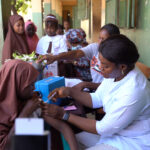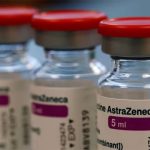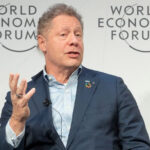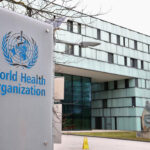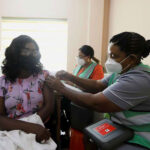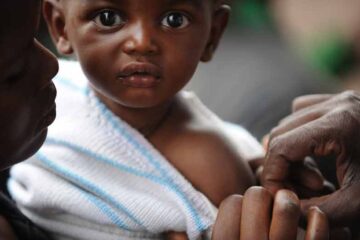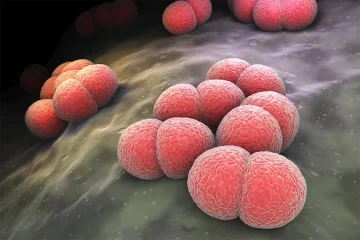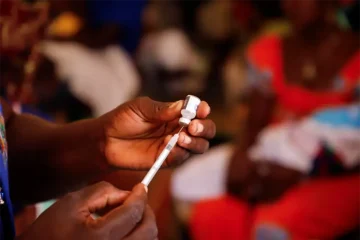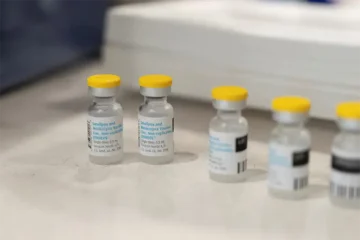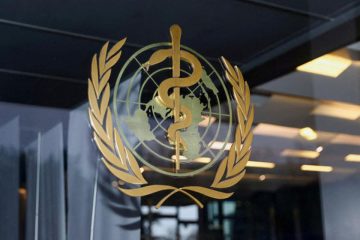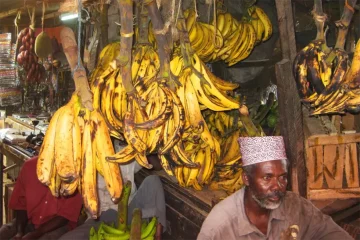NIGERIA has officially introduced a vaccine program against the human papillomavirus (HPV) into Nigeria’s routine immunisation system, a pivotal moment in the country’s fight against cervical cancer-related deaths.
“This is a momentous occasion that we are introducing a vaccine to prevent young girls from no longer having to suffer the pain and burden of cervical cancer,” said Muhammad Ali Pate, the Coordinating Minister of Health and Social Welfare, at an event to mark the occasion in Abuja on October 24.
The campaign against cervical cancer is being conducted together with Gavi, the Vaccine Alliance, WHO and UNICEF.
Gavi had previously suspended funding for programs in Nigeria because the country lacked a government-sanctioned and structured immunization program for HPV vaccines.
Nigeria has had problems with immunisation drives in the past. The country famously saw outbreaks of polio following a successful worldwide eradication campaign, when three northern Nigerian states refused to administer polio vaccines due to suspicions of Western interference following the US-led invasion of Iraq.
Nigeria will now have direct access to Gavi funds, giving the country the flexibility to request or demand support for primary healthcare matters, especially concerning vaccines and related services.
Under the campaign, Gardasil will be administered to girls between the ages of 9 to 14 years. The vaccine is known for its high effectiveness in preventing HPV types 16 and 18 infections, responsible for a minimum of 70% of cervical cancers.
“Every year, we lose about 12000 women from cervical cancer in Nigeria. More than 90% of these cancers are caused by the human papillomavirus (HPV),” Pate said.
He urged parents of daughters, like himself, to ensure they are vaccinated.
Assietou Diouf, Gavi’s Chief Financial Officer, said that with integration into the mainstream immunization programs,
the vaccine would also help ease the current health system burden.
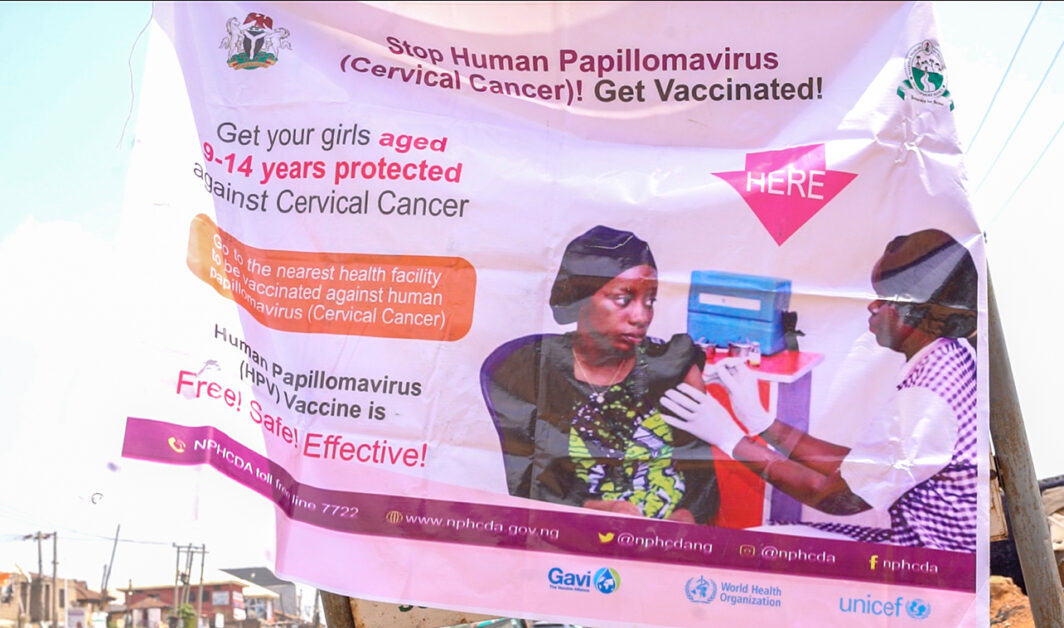
“In Nigeria itself, cervical cancer is the second most prevalent cancer. And unfortunately, it’s also the second most frequent cancer death among women who are between 15 and 44 years of age,” Diouf explained.
The Gavi-led initiative is supported by the Ministry of Health (MOH), the National Primary Health Care Development Agency (NPHCDA), the World Health Organization (WHO), UNICEF, CHAI, various civil society organizations, SYDANI, and numerous other stakeholders and the vaccines are administered completely free. The campaign was heralded by a five-day mass vaccination campaign in schools and communities.
Apart from the vaccine roll-out, Gavi has also pioneered an approach to co-financing vaccination programs. Countries share the costs of the vaccine programmes by directly co-procuring a portion of the vaccines and safe injection devices.
“We are here to build a sustainable program. We’re not in countries to stay, whether it’s Nigeria or the countries in our portfolio. Our success is to exit the country,” Diouf said.
Diouf was optimistic that the measures put in Nigeria would ensure a smooth uptake and keep the numbers up.
“It’s a chain of steps that needs to be all in place. And getting the vaccine it’s only the starting point. You have to have your population ready to take the vaccine. You have to engage with the civil society in most of the countries because most of the target population is in remote areas.”
Ahead of the rollout, UNICEF worked with experts to study what people thought about the HPV virus and the vaccine, creating radio and TV messages in different local languages to help provide reliable information on the campaign. The UN agency has also provided mobile clinics and equipment to keep the vaccines cold and safe.
Gavi is also looking to empower countries to manufacture their own vaccines, a need borne from a global shortage of vaccines.
“The demand for vaccines in Africa is about 1 billion doses per year, yet we only produce around 1% of the vaccine that is used on the continent… African leaders have really taken the ambition to produce 60% of the vaccines in the continent… and Gavi is delighted to support this ambition,” Diouf, whose sister was a survivor of cervical cancer, noted.
“Many women are suffering and are not able to get cured. It’s a disease that talks about the core of what we are, it’s about women who are giving lives. So it’s a generation of future leaders, doctors and journalists,” she said.


